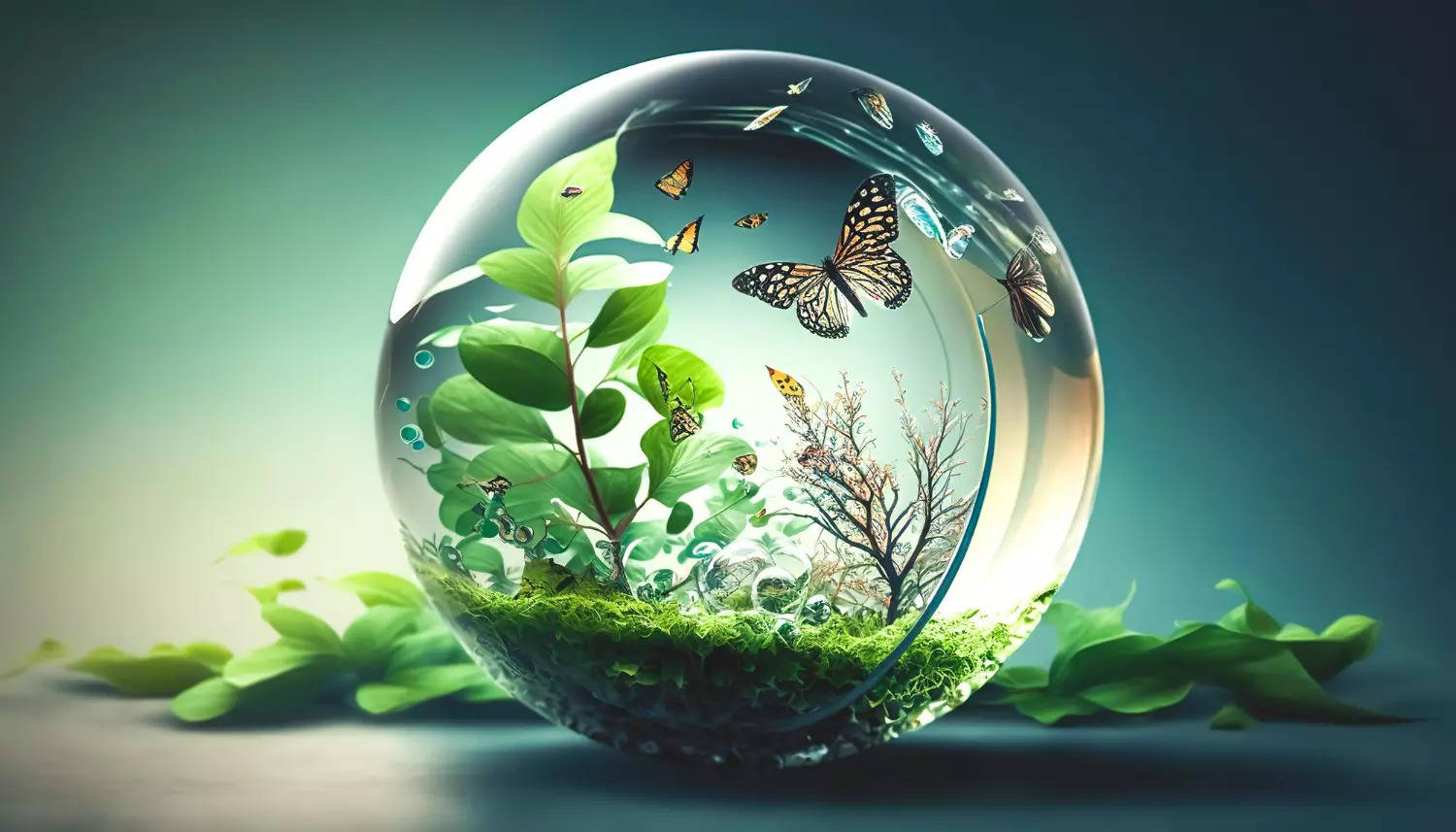Environmental science is a broad field that encompasses the study of the natural world and the impact of human activities on the environment. It is a multidisciplinary field that combines aspects of biology, chemistry, physics, geography, and other disciplines to understand and address environmental issues. Environmental scientists work to understand and solve environmental problems, such as climate change, pollution, and resource depletion.
Exploring careers in environmental science can lead to diverse and rewarding opportunities.There are many different careers available in environmental science, and the specific jobs that you can pursue will depend on your education, experience, and interests. Some commonenvironmental science careers include;
Environmental Scientist
Exploring careers in environmental science can lead to diverse and rewarding opportunities.There are many different careers available in environmental science, and the specific jobs that you can pursue will depend on your education, experience, and interests. Some commonenvironmental science careers include;
Environmental Scientist
- Conduct research to identify, control, or eliminate pollutants or hazards affecting the environment.
- Work for government agencies, consulting firms, or research institutions.
Environmental Consultant
- Advise businesses and government agencies on environmental issues and ensure compliance with regulations.
- Conduct environmental impact assessments for construction projects.
Conservation Scientist
- Manage and protect natural resources such as forests, rangelands, and wildlife habitats.
- Work for government agencies, non-profit organisations, or research institutions.
Environmental Engineer
- Design and implement technology to clean up pollution and improve public health.
- Work on projects related to water and air pollution control, recycling, waste disposal, and public health issues.
Climate Change Analyst
- Research and analyse data on climate change trends.
- Work for government agencies, research organisations, or advocacy groups to develop policies and strategies for mitigating climate change effects.
Environmental Educator
- Teach environmental science in schools, nature centers, or museums.
- Develop educational programs to raise awareness about environmental issues.
Policy Analyst
- Analyse environmental policies and their impacts.
- Work for government agencies or advocacy organisations to influence environmental regulations and legislation.
Environmental Journalist
- Report on environmental issues for newspapers, magazines, websites, or television.
- Bridge the gap between scientific knowledge and public understanding of environmental concerns.
Wildlife Biologist
- Study animals and wildlife habitats, often for conservation purposes.
- Work for government agencies, conservation organisations, or research institutions.
Renewable Energy Specialist
- Research, develop, and implement renewable energy technologies.
- Work for energy companies, government agencies, or environmental organisations to promote clean energy solutions.
Students shall note that while exploring these careers, it is important to gain relevant education, skills, and practical experience through internships, research projects, and networking. Additionally, staying updated with the latest developments in environmental science and related technologies is also essential in this rapidly evolving field.
Denial of responsibility! Chronicles Live is an automatic aggregator of the all world’s media. In each content, the hyperlink to the primary source is specified. All trademarks belong to their rightful owners, all materials to their authors. If you are the owner of the content and do not want us to publish your materials, please contact us by email – chronicleslive.com. The content will be deleted within 24 hours.


